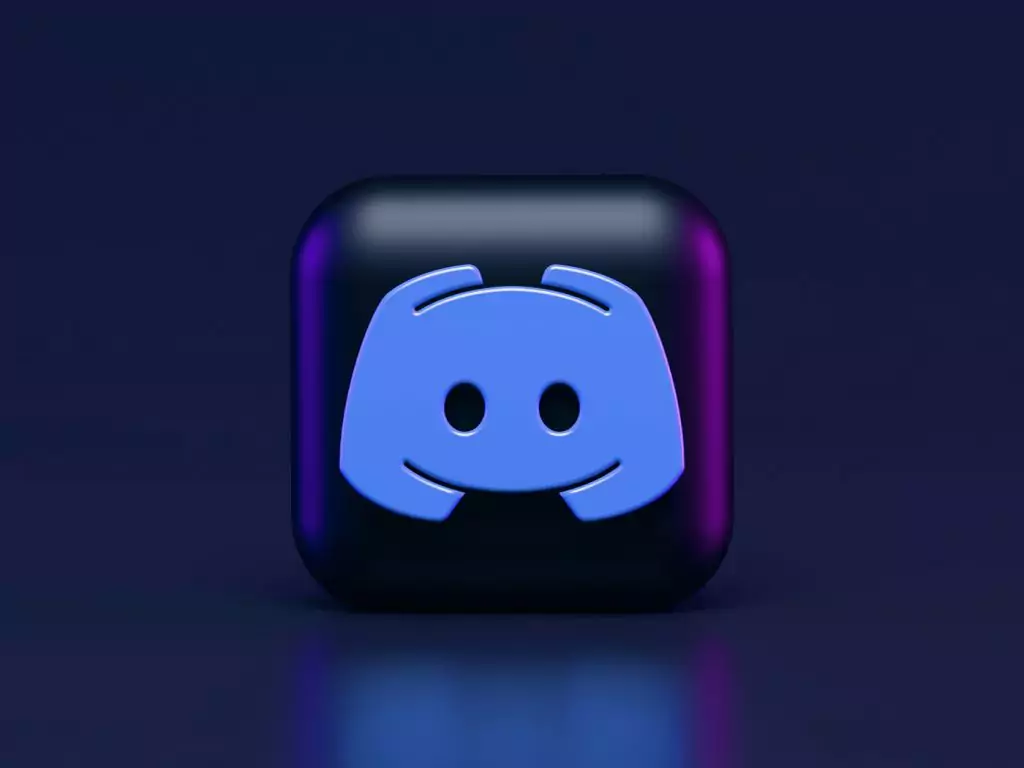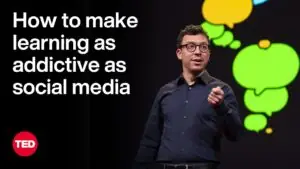Language learning can be a challenging yet rewarding journey, and online communities, like those on Discord, can provide opportunities for practice and feedback. However, experiences within these communities vary widely, reflecting the complexities of language acquisition in a digital world.

✅ AI Essay Writer ✅ AI Detector ✅ Plagchecker ✅ Paraphraser
✅ Summarizer ✅ Citation Generator

It sounds like you’ve had some frustrating experiences with language learning communities on Discord. While it’s true that some servers may have issues with strict rules, lack of explanation, and even toxic behavior, these issues aren’t inherent to Discord itself, but rather the management of these specific servers. Discord, in general, is just a platform that facilitates communication, and the quality of that communication depends largely on the people using it and how they choose to behave.
It’s important to remember that different servers have different cultures, rules, and user bases, and it can take some time to find a community that aligns with your learning style and needs. You may have indeed come across a few ‘bad apple’ servers.
Regarding your specific concerns, I can see why they might be frustrating:
- Strict rules about language use: While it’s understandable that some servers want to encourage the use of the language being learned, it’s also important for learners to be able to ask questions and clarify things in a language they’re comfortable with. A good server should understand this need and be flexible.
- Lack of clear explanations or explanations in the target language: This can definitely be a barrier to learning. A constructive language learning community should strive to help learners understand their mistakes and improve, not just correct them without explanation.
These experiences are not unique to you; many people have faced similar issues in different learning communities, not just on Discord. It may be a matter of finding a community that suits your learning style and needs.
Mixed Experiences in Language Learning Servers
Jake, an avid language learner, points out the frustrating noise-to-value ratio in many language Discord servers. “Every language Discord I’ve ever been in is flooded with emojis and memes that have nothing to do with anything. I’ve never found one with actual meaningful conversation,” he says. Jake’s sentiment is echoed by Lisa, who believes smaller, personal Discord servers offer the best value. “The rest pretty much all devolve into the aforementioned memes and weird cliques forming when the same people spend 16 hours a day on the server, and it’s literally impossible to know WTF anybody is talking about,” she adds.
Insights from a Server Creator
Mark, who has created a Discord server for language learning, provides some insights into the dynamics of these communities. He acknowledges the pride and competitiveness in many of these communities, especially in larger ones or those related to Japanese. Mark advises learners to seek out individuals for practice rather than relying on the community as a whole. He also suggests engaging in topic-specific channels rather than sticking to language-specific channels, emphasizing the importance of meaningful conversation in language acquisition. Finally, he advises learners to seek out smaller communities where meaningful interaction is more likely, and to leave any community that causes annoyance or discomfort.
Positive Experiences and Creating New Spaces
Not all experiences in these communities are negative. Maria, for instance, has made many friends in language learning servers and has even gone on to create her own server with these friends. This emphasizes the potential of Discord as a platform to forge meaningful relationships and create supportive learning environments.
Encountering Toxicity
However, toxic behavior can sometimes overshadow the positives. Alex, who joined the Russian and Finnish servers on Reddit, was put off by the arrogance and hostility he encountered. His attempts to make suggestions for improving materials were met with harsh criticism, leading him to leave the servers. “Sometimes they will help out at first and you get the initial impression that they are there to help, but no they are in those chats for other reasons,” Alex laments. He now prefers learning with a private teacher on Discord, highlighting the potential value of one-on-one interaction in a supportive environment.
Navigating Challenges and Charting a Way Forward
Similar to Alex, John has had his fair share of challenges in online language learning spaces. Recalling his experiences learning English on gaming forums, he reflects on the criticism he received for minor mistakes. This has made him cautious about joining language learning communities on Discord, especially as his proficiency in other languages is still growing. However, despite his reservations, he recognizes the need to practice and interact with others to improve his language skills.
Conclusion
The experiences of these language learners reflect the diverse nature of online learning communities. While some find value and camaraderie, others encounter obstacles and hostility. These experiences serve as a reminder that learners should seek out supportive environments that respect their learning journey and foster meaningful conversation. Whether that’s on Discord or another platform depends largely on the individual’s needs and the particular community’s dynamics.
Alternatives to Discord for Language Learning
If you’re looking for alternatives to Discord, here are a few suggestions:
- Language Exchange Apps and Websites: Apps like Tandem, HelloTalk, or websites like italki and ConversationExchange allow you to connect with native speakers of the language you’re learning. You can help each other learn your respective languages through text, voice, or even video calls.
- Reddit: There are many language learning communities on Reddit, such as r/languagelearning, or more language-specific subreddits like r/learnfrench, r/learnjapanese, etc. These can be a good place to ask questions and get advice from fellow learners.
- Facebook Groups: There are plenty of language learning groups on Facebook. These can be general language learning groups or specific to the language you’re learning.
- Meetup: While Meetup is often used for in-person gatherings, many groups have started hosting virtual events due to the pandemic. You might be able to find a language exchange or practice group in your target language.
Remember, the quality of any community—online or offline—depends largely on its members and the rules set by its moderators. It may take some trial and error to find a community where you feel comfortable and supported in your language learning journey. Keep trying, and don’t let a few bad experiences discourage you!
- Best assignment writing service: Our top 10 – Reserve Version
- Best assignment service: Our top 10
- Ground News Review 2025
- Media Bias Fact Check Review 2025
- PolitiFact Review 2025
Follow us on Reddit for more insights and updates.





Comments (0)
Welcome to A*Help comments!
We’re all about debate and discussion at A*Help.
We value the diverse opinions of users, so you may find points of view that you don’t agree with. And that’s cool. However, there are certain things we’re not OK with: attempts to manipulate our data in any way, for example, or the posting of discriminative, offensive, hateful, or disparaging material.